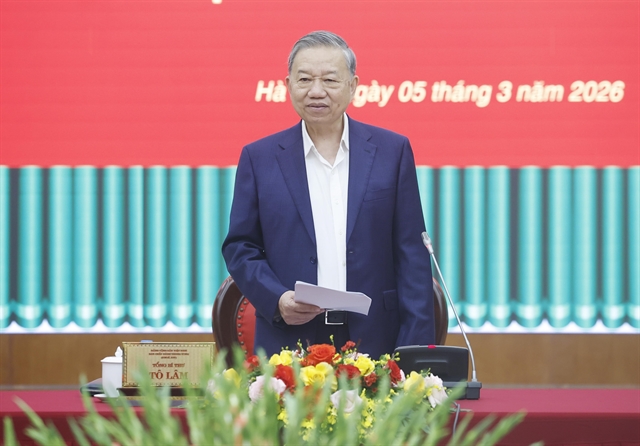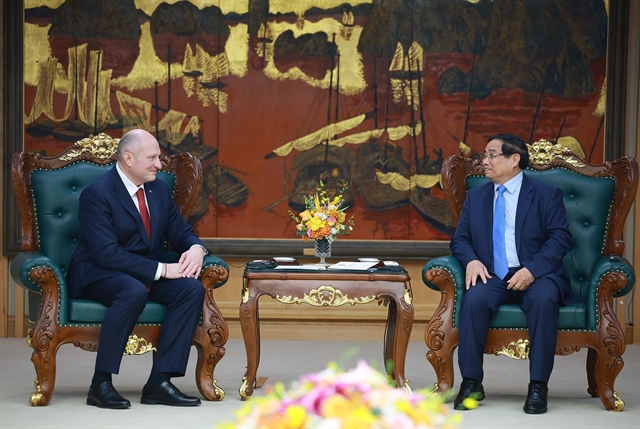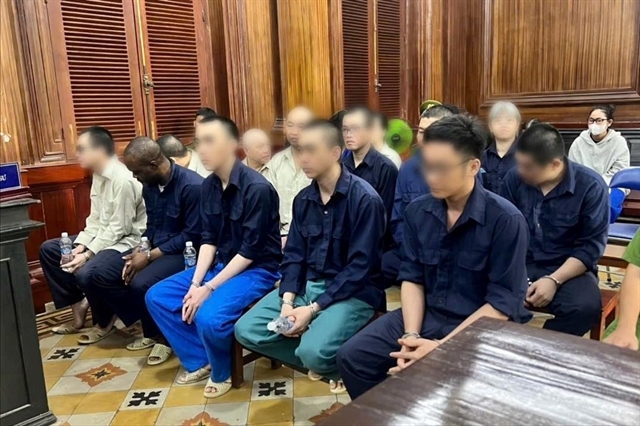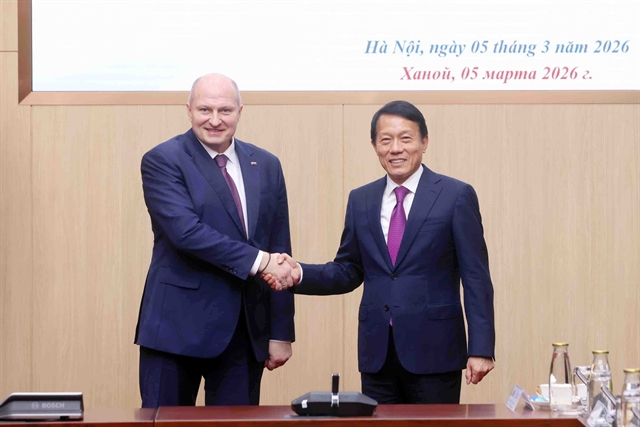 Society
Society

" />HCM City aims to increase the proportion of secondary school graduates enrolled at vocational training schools to 30 per cent by 2020, but the schools are struggling to maintain enrollments.
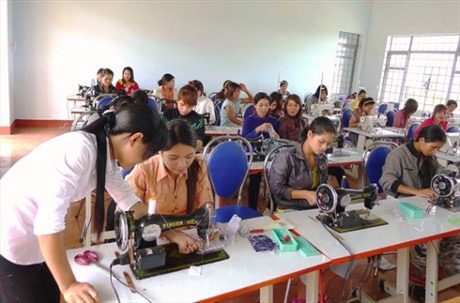 |
| HCM City aims to increase the proportion of secondary school graduates enrolled at vocational training schools to 30 per cent by 2020, but the schools are struggling to maintain enrollments. — Photo nongnghiep.vn |
HCM CITY — HCM City aims to increase the proportion of secondary school graduates enrolled at vocational training schools to 30 per cent by 2020, but the schools are struggling to maintain enrollments.
Nearly 18,000 of more than 81,000 students graduating from the ninth grade this year will have to enroll in the 10th grade at private schools, continuing education centres or vocational schools, according to the city’s Department of Education and Training.
This figure is based on the department’s enrollment quota for the 10th grade at public schools for the 2017-2018 academic year.
However, few students wanted to study at vocational schools, said Nguyễn Đăng Lý, rector of International College of HCM City, at a meeting held last week with the city’s Department of Labour, Invalids and Social Affairs and managers of vocational training schools.
"Managers of high school and secondary schools prefer to have a high rate of graduates studying at universities," Lý said.
"A high number of students who go on to study at the university level helps build the schools’ brand name and attract students," he added.
Nguyễn Lê Đình Hải, rector of Nguyễn Trường Tộ Vocational College, said that district-level labour officials had not created favourable conditions for enrollment in vocational schools.
Nguyễn Thị Hằng, rector of the HCM City Vocational College of Technology, said that “enrollment has become a headache" for the college.
She said the Department of Labour, Invalids and Social Affairs should have more meetings with schools to seek solutions and should reform the vocational training system.
Colleges should also focus on their “strongest” majors and work together to improve training, she added.
Lê Minh Tấn, head of the department, said the People’s Committee would be asked to require secondary and high schools as well as local labour officials to allow vocational schools to carry out enrollment counselling.
He asked representatives of vocational schools to improve their facilities and teaching ability as a large number of highly skilled employees, especially for the startup ecosystem, would be needed in the city.
By 2020, the city is expected to have 500,000 enterprises, many of which will need skilled staff, according to Tấn.
Currently, the city has 484 public and private vocational training schools. This year, these educational establishments need to enroll a total of 403,000 students.
However, of the figure, 381,000 students will attend training courses lasting three months or less.
“Such training does not meet enterprises’demands,” he added.
Tấn said they should offer training courses of two to three years, especially in the city’s 21 main industries, including electricity-electronics, pharmaceutical chemistry, refined foods and nine service industries.
“HCM City is a special urban place that provides highly qualified human resources for the country. Vocational training schools play a contributing role, but they need to improve training quality,” Tấn said. —VNS

